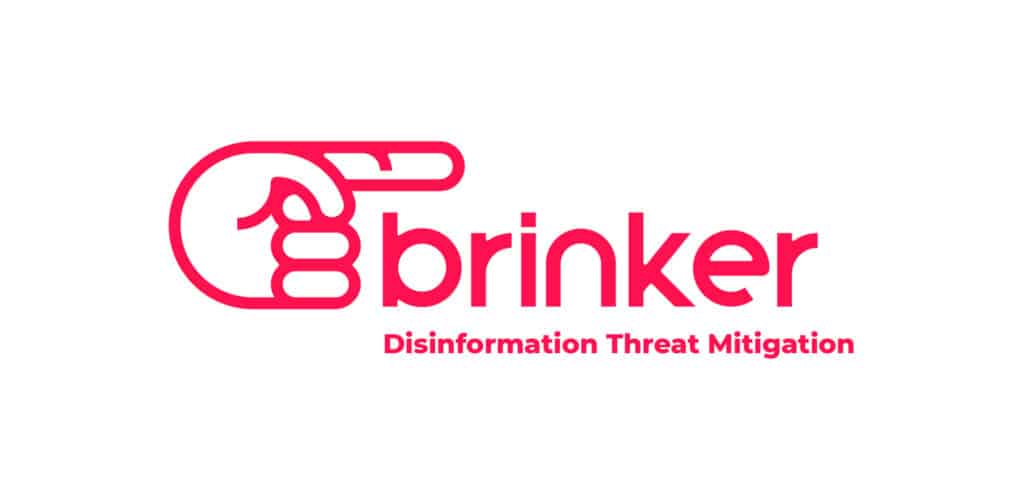After years spent fighting pushes for more secure standards, the payment card industry and retailers are moving quickly to abandon magnetic stripe cards and embrace so-called ‘chip and pin’ technology. Credit card firms MasterCard and Visa plan to have most customers on the more secure chip and pin cards by October, 2015, according to a report in the Wall Street Journal. The move comes in the wake of a massive heist of account information for tens of millions of credit card holders from the systems of U.S. retailers including Target, Neiman Marcus and Michaels Stores. In an interview with MasterCard’s Carolyn Balfany, the Journal notes that company has set October, 2015 as the date for a “liability shift” – a change in policy that will hold the party in a fraudulent transaction liable for losses due to that transaction. The goal, said Balfany, is to try to encourage merchants and […]
Tag: hardware
Can Google Hold Back Facial Recognition For Glass?
The New Yorker blog has an interesting, short piece by Betsy Morais on the challenges posed by facial recognition and wearable technology that’s worth reading. The post, “Through a Face Scanner, Darkly” picks up on recent reports about a proliferation of facial recognition applications for the Google Glass platform, addressing the ethical implications of the intersection of wearable technology with powerful sensors and analytics capabilities, including facial recognition. Specifically, Morais zeros in on an app called NameTag that adds a face scanner to the Glass. “Snap a photo of a passerby, then wait a minute as the image is sent up to the company’s database and a match is hunted down. The results load in front of your left eye, a selection of personal details that might include someone’s name, occupation, Facebook and/or Twitter profile, and, conveniently, whether there’s a corresponding entry in the national sex-offender registry,” Morais writes. NameTag’s focus […]
Parsing Google’s Internet of Things Acquisitions
Google has gone on an acquisition tear in the last six weeks that has many tech industry watchers wondering about the company’s future direction – particularly when it comes to the Internet of Things. Since the beginning of the fourth quarter, 2013, Google has acquired 14 companies with the latest, a $650 million buy of UK-based artificial intelligence software firm DeepMind Technologies hitting the wires yesterday. In addition to the DeepMind buy, Google spent $40 million on Flutter, a maker of gesture recognition technology and $23 million on FlexyCore, maker of the DroidBooster App for Android. Earlier this month, it plunked $3.2 billion down for super hot smart home gear maker Nest. Google’s size makes the exact amount spent on the other acquisitions is something of a matter of speculation. Google only has to disclose transactions that are deemed ‘material’ to the company’s finances – a number somewhere between $10m […]
You Can Build An Open Source NEST Clone In One Day? Uh Oh!
I’ve been amazed at the herds of Johnny Come Lately’s who have glom’d onto the amazing Nest thermostat since Google purchased the company that makes it, Nest Labs, for a whopping $3.2 billion last week. Nest – and even its sister Protect smoke alarm – were hardly new, but that didn’t stop CNN from posting a ‘gee whiz’ video in the days that followed that had all the ‘we were here first’ excitement of a hand-held broadcast from the floor of CES. That – even though Nest is coming up on its third birthday and its cousin, the Protect, was released to considerable fanfare in October. The question for Google, of course, is ‘how is Nest really worth?’ I use one at my house, and I think it’s gorgeous and smart – but $3.2 billion? That’s why I was interested to check out this article over at Postscapes.com about an open source […]
Cisco Eyes Security Services For Connected Cars
Connected vehicles are a big new area of investment. We saw evidence of that at the recent Consumer Electronics Show (CES) and we’re hearing a lot more about it this week, as carmakers strut their stuff at the North American International Auto Show. Security isn’t generally part of the conversation, but as we’ve noted here on more than one occasion: connected vehicles introduce a myriad of challenging security problems, from authentication to communications and system integrity, not to mention data privacy. [Read more Security Ledger coverage of connected vehicles here.] Now networking giant Cisco says that it sees a role for its technology in protecting vehicle area networks (VANs), just as the company’s networking equipment enabled and protected local and wide area networks (LANs and WANs) over the last two decades. In a blog post, Cisco said it is rolling out “a range of products and services” that it […]






